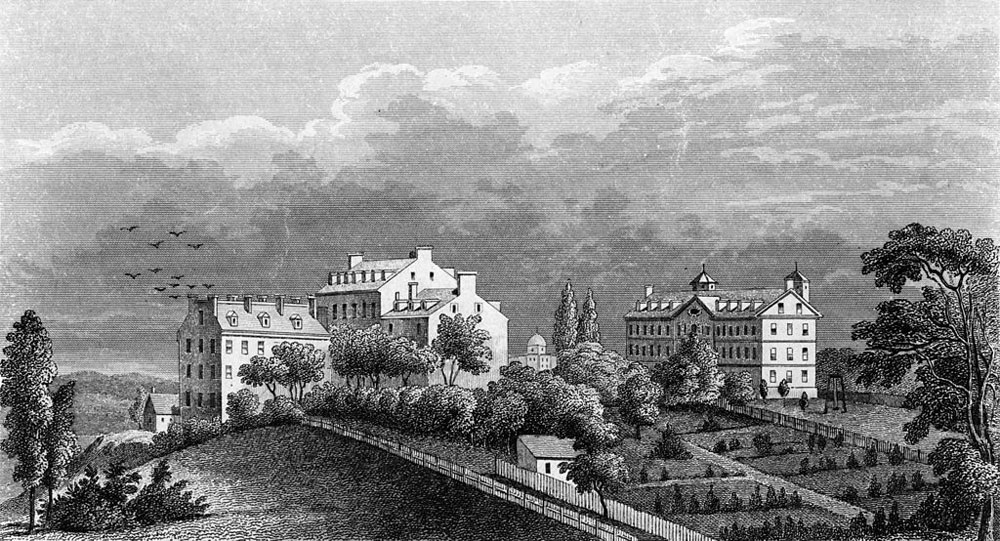
October 31, 2019; The Root
Georgetown University’s announcement last week that it intends to raise $400,000 a year to benefit the descendants of the 272 slaves whose sale helped save the university in 1838 has been met by disappointment by student leaders. Activists from Students for GU272, including 600 descendants directly impacted by the announcement, have pointed out that the university’s plan to raise money through philanthropic fundraising changes the intention of the money from reparations to charity.
The conflict demonstrates the ongoing challenges that have faced Georgetown as university leadership, alumni, and students have worked to address a shared legacy of slavery. In particular, the conflict, which is not the first between students and university leadership, raises the question of whether reparations and reconciliation that goes in contradiction to the goals and stated preferences of former slaves will have a real impact on either repayment or healing.
As NPQ has covered extensively, Georgetown has been publicly grappling with its legacy of slaveholding for the past four years. The University owned and operated slaves on plantations in Maryland that served as a primary source of funding for the school. In 2016, the university announced a plan to rename two buildings and give admission preferences to descendants of slaves sold in 1838. Earlier this year, Georgetown students voted to establish a fund to directly benefit descendants and then endorsed an annual student fee to raise approximately $400,000 a year to support the fund. Georgetown’s announcement last week follows the student plan to establish a fund to directly benefit descendants, but does not include the student fee model, instead planning to allow students to make voluntary philanthropic donations as part of the university’s fundraising approach.
Sign up for our free newsletters
Subscribe to NPQ's newsletters to have our top stories delivered directly to your inbox.
By signing up, you agree to our privacy policy and terms of use, and to receive messages from NPQ and our partners.
Student leaders have raised two primary concerns about the announced plan: first, that the planned projects exclude several key areas of direct support for descendants, precluding individuals from receiving assistance with medical bills, housing, or scholarships. Perhaps more illustrative of the fundamental gap between students and descendants and Georgetown leadership, GU272 activists have also taken issue with how philanthropic fundraising frames the money and its use. As one student stated, “It’s not a choice. It’s not a charitable donation. We are paying back a debt.”
Georgetown leadership has posed the decision to take a philanthropic fundraising approach as purely pragmatic, stating that this model will give a greater number of people a chance to participate in the reparations process. It also seems possible that the decision to avoid student fees deals with the other pragmatic concern—that Georgetown is one of the 100 most expensive colleges in the United States, according to US News college rankings.
The University has described its proposal as a first step in the reparations process, and one that is open to dialogue. However, student and descendant involvement in the process has been a source of disagreement and tension throughout the process, a tension that is likely to be exacerbated by the latest announcement’s disregard of students’ vote. This was also going to be a painful and delicate process, given not only the immediately painful history it confronts, but also because there are very few road maps for successful reconciliation and reparation efforts. The issues arising at the university mirror many of the questions that philanthropy as a whole is grappling with, including power dynamics between donors and funding recipients, and the responsibility of donors to center the needs and perspectives of their target communities. Hopefully, the university lives up to its stated aim of continuing dialogue. Otherwise, it runs the risk of creating a solution that gives some money but fails to get to the heart of reparations and reconciliation.—Ellen Davis











